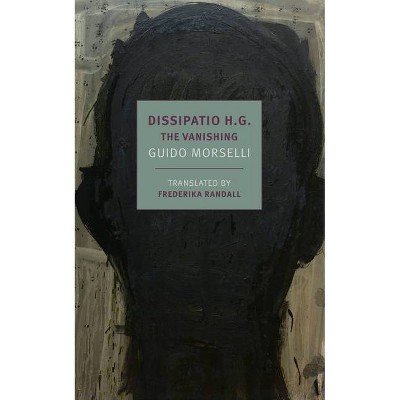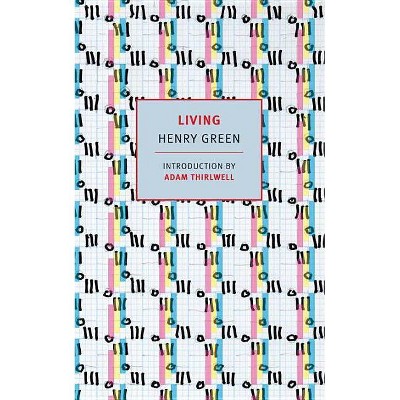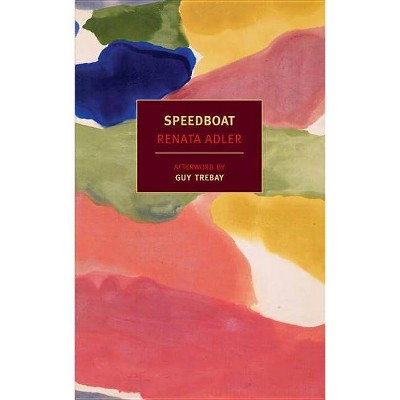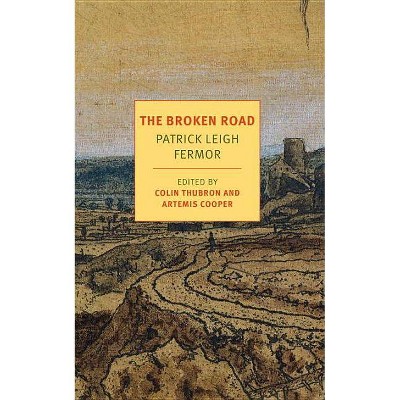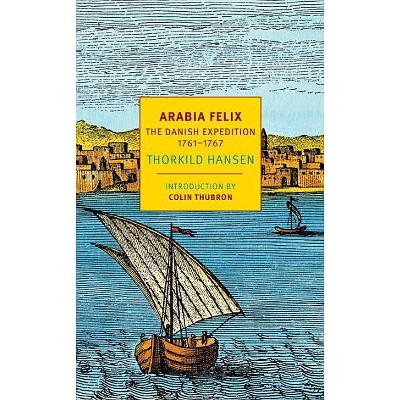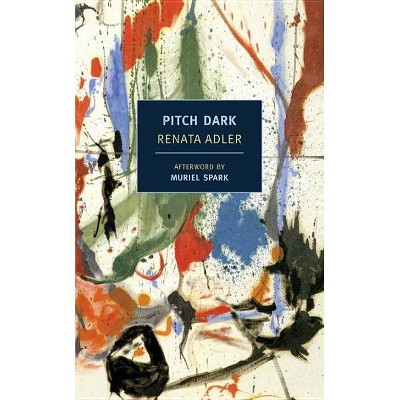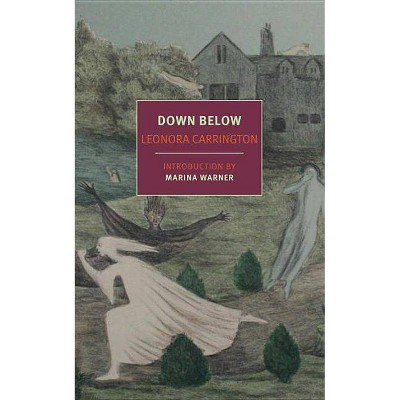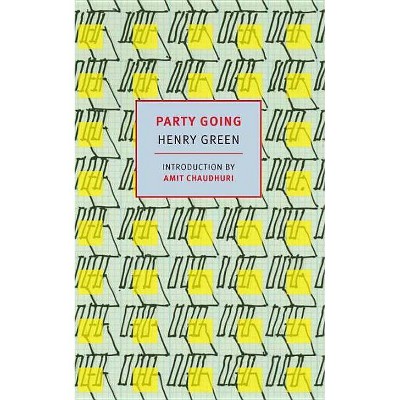The Communist - (Nyrb Classics) by Guido Morselli (Paperback)
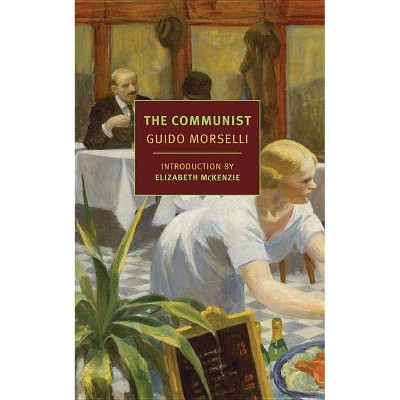
Similar Products
Products of same category from the store
AllProduct info
<p/><br></br><p><b> About the Book </b></p></br></br>"A unique political coming of age story, now in English for the first time. An NYRB Classics Original. The Communist is the story of a life lived in the service of a faith and what happens when that faith is lost. Walter Ferranini, a child of Italy's agricultural heartland, begins as an earnest autodidact who works as a labor organizer before being driven, under Mussolini, into exile in the United States, the belly of the capitalist beast. After World War II, he returns to Italy and enters parliament as a communist MP. Then Khrushchev's 1956 denunciation of Stalin's crimes leads to a crisis in Walter's life. He has come to question that most basic communist belief, that human life finds its fulfillment in labor, and he writes an article expressing his doubts. It is a scandal, as, in the eyes of the prudish party elders, is his new relationship with Nuccia, a journalist who is a married woman. Under these circumstances, Walter is invited for the first time to visit the Soviet Union, and there he finds himself bewildered beyond words. In The Communist, Guido Morselli portrays a man of conviction cast adrift with deep and compelling sympathy"--<p/><br></br><p><b> Book Synopsis </b></p></br></br><b>A unique political coming of age story, now in English for the first time</b> <p/>An NYRB Classics Original <p/>Walter Ferranini has been born and bred a man of the left. His father was a worker and an anarchist; Walter himself is a Communist. In the 1930s, he left Mussolini's Italy to fight Franco in Spain. After Franco's victory, he left Spain for exile in the United States. With the end of the war, he returned to Italy to work as a labor organizer and to build a new revolutionary order. Now, in the late 1950s, Walter is a deputy in the Italian parliament. <p/>He is not happy about it. Parliamentary proceedings are too boring for words: the Communist Party seems to be filling up with ward heelers, timeservers, and profiteers. For Walter, the political has always taken precedence over the personal, but now there seems to be no refuge for him anywhere. The puritanical party disapproves of his relationship with Nuccia, a tender, quizzical, deeply intelligent editor who is separated but not divorced, while Walter is worried about his health, haunted by his past, and increasingly troubled by knotty questions of both theory and practice. Walter is, always has been, and always will be a Communist, he has no doubt about that, and yet something has changed. Communism no longer explains the life he is living, the future he hoped for, or, perhaps most troubling of all, the life he has led.<p/><br></br><p><b> Review Quotes </b></p></br></br><br>"Rich and engrossing. . . . [Morselli's] tale of a man whose certainties are destroyed will resonate with readers of any political persuasion." --<i>Publishers Weekly</i> <p/>"Morselli was a man of wide culture and vast reading, a writer of inexhaustible intellectual curiosity, possessed of a rare talent to evoke social or historical settings." --Charles Fantazzi <p/>Morselli's novels...are serious social studies.... The uncanny, matter-of-fact depictions...give an eerie feeling of something utterly impossible becoming all-too-plausible.... Why works of such calibre went unpublished remains a mystery...his works simply remain there to be appreciated. --Nicola Rossi, <i>complete review Quarterly</i> <p/>[Morselli's] best-laid schemes of mice and monarchs are presided over by a cool and witty intellect. --Christopher Wordsworth, <i>The Guardian</i> <p/>Morselli possessed the pure visionary's exactness and constructive ability; each time he chose a subject, he punctiliously documented himself thereabout...an isolated experimenter.... He could prophetically interpret history as in <i>Il Comunista</i> or reverse it, with a good deal of fantastic inventiveness. --Alfredo Giuliani, <i>Literary Review</i> <p/>Morselli [was] a master of irony and a deft juggler of tenses. --Annapaola Cancogni, <i>The New York Times</i><br><p/><br></br><p><b> About the Author </b></p></br></br><b>Guido Morselli </b>(1912-1973) spent his youth in Milan, where his father was an executive with a pharmaceutical company. When he was twelve his mother died from Spanish flu, an event that devastated the reserved child. After attending a Jesuit-run primary school and a classical secondary school, Morselli graduated from the Università degli Studi di Milano with a law degree in 1935. Instead of practicing law, however, he embarked on a long trip around the Continent. Though he wrote consistently from the remote town in the lake region of Lombardy where he lived alone, Morselli succeeded in publishing only two books over the course of his life: the essays <i>Proust o del sentimento</i> (Proust, or On Sentiment, 1943) and <i>Realismo e fantasia</i> (Realism and Invention, 1947). His many works of fiction, journalism, and philosophy were repeatedly rejected by publishers, and, frustrated by his perceived failures, he committed suicide in 1973. Hanging in his library was the motto <i>Etiam si omnes, ego non</i> (Though all do it, I do not). In fact, Morselli's nine posthumously published novels, among them <i>Roma senza papa</i> (Rome Without the Pope, 1974), <i>Divertimento 1889</i> (1975), and <i>Dissipatio H.G.</i> (The Dissolution of the Human Race, 1977), enjoyed considerable critical success. Morselli left his farm and lands to the town of Gavirate in his will, and today Parco Morselli looks south onto Lago di Varese and north toward the Alpine foothills. <p/><b>Frederika Randall</b> (1948-2020) was a writer, reporter, and translator. Among her translations are Ippolito Nievo's <i>Confessions of an Italian</i> and Giacomo Sartori's <i>I Am God</i>. She received the National Endowment for the Arts Literature Fellowship for Translation and the PEN/Heim Translation Fund Grant, and, with Sergio Luzzatto, the Cundill Prize. <p/><b>Elizabeth McKenzie</b>'s novel <i>The Portable Veblen</i> was longlisted for the 2016 National Book Award for fiction. She is the author of the novel <i>MacGregor Tells The World</i> and story collection <i>Stop That Girl</i>. Her work has appeared in <i>The New Yorker</i>, <i>The Atlantic</i>, <i>Best American Nonrequired Reading</i>, and other publications. McKenzie is senior editor of the <i>Chicago Quarterly Review</i> and the managing editor of <i>Catamaran Literary Reader</i>.
Price History
Price Archive shows prices from various stores, lets you see history and find the cheapest. There is no actual sale on the website. For all support, inquiry and suggestion messages communication@pricearchive.us
